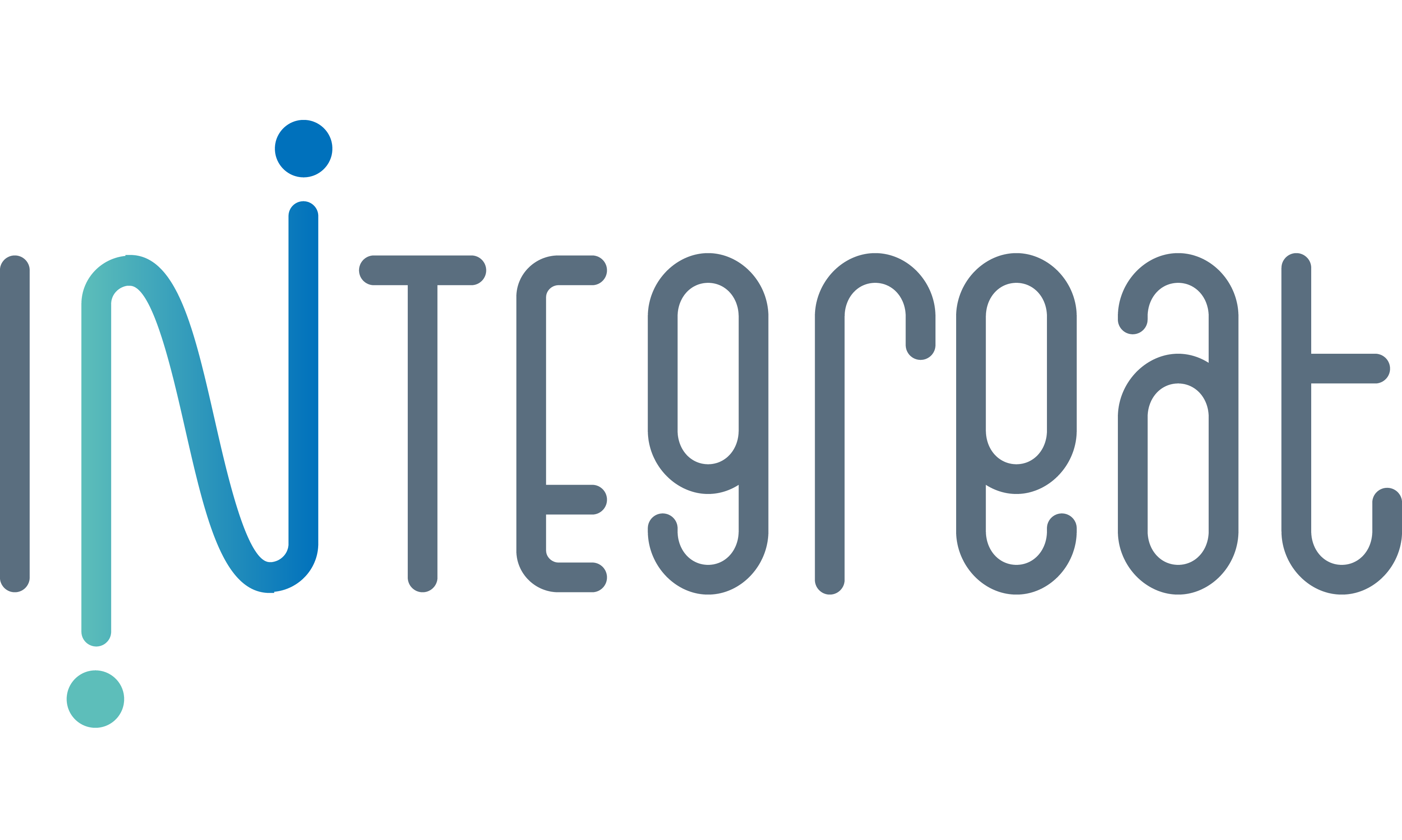What’s the role of social research in the construction of integration paths? How does it relate institutions, formal and non-formal civil society organisations with the needs of forced migrants, once settling in the European Union?
In this post, we’ll share some insights on how Academia interconnects with policies and practices, with institutions and civil society, when dealing with challenging issues such as the experiences of refugees’ inclusion.
In recent years, in line with the increase of the socio-political and media interest, research on (forced) migration issues have inevitably become very sensitive at European level. The so-called refugee crisis of 2015, and most recently the arrival of people escaping from the Ukraine-Russia conflict, have contributed to the spread of policies aimed at standardising the way in which Europe, in the heterogeneity of national and even local experiences, welcome and integrate migrants and refugees arriving on its territory. On the one hand, the EU “has no competence to harmonise laws and regulations in Member States related to integration”, however, on the other hand, it has promoted incentives and support “to advance the integration of third-country nationals legally residing on their territory”. The most recent examples are the New Pact on Migration and Asylum presented by EU Commission in September 2020, where the concept of integration is stressed and connected with the role of inclusive societies; moreover, the Action plan on Integration and Inclusion 2021-2027, is a clear confirmation of the will to promote and support actions for a continuous change.
And social research is precisely concerned with this change. At the beginning, it was the social research that entered institutions and gained contacts with civil society and most generally with those societal individuals and groups lighting up questions and need of understanding. Today, we witness an increased presence of researchers and research teams directly within institutions, civil society organisations, informal groups.
Considering that, social research not only deals with observation and analysis of social meanings, but also contributes to their reformulation and diffusion, social researchers can play a mediator role between different social groups, thus promoting changes also within the institutional framework.
But in which way social-research influences the processes of policy-making and how it entangles with civic society?
There is a vast discussion on how research should support political decision-making processes. In some cases, there is a demand for user-friendly knowledge, with data that can thus support the choices and actions promoted by a given group of political actors.
The migration issue gives us an example of this. While human mobility has increased at the European and international level in the face of multiple political and humanitarian events, it is shared in many European contexts – primarily by social media and a vast number of politicians – the use of such data to define the migratory phenomenon as a constant emergency. This precise concept often takes the place of the much more complex analysis that is (and should be) done around migration and integration, from multiple research fields and actors.
At the same time, social sciences have seen through the years the development and reinforcement of their emancipatory mandate, which deals, on the one hand, with shading light on the ambiguities of the outcomes of political decisions and, on the other hand, with producing knowledge to overcome conditions of subalternity and oppression with valuable alternatives.
To pursue these objectives, research – before dealing with possible solutions – must deal with existing problems. And not only that, since it’s not enough to show people’s sufferings, social research should bring out how “the explanation for this suffering and inequality lies in specific properties of institutions and social structures”. It’s therefore necessary to observe and analyse the effects of policies on individuals and social groups and become aware of their contradictions, complexities, and risks.
It is not a coincidence that in recent years, also in the light of European harmonisation policies on refugees’ reception and integration, the interest of research has focussed not only on the first-hand experience of people with a migration background, but also on the experiences of those who work and are active in this field. Formal and non-formal groups and organisations from civil society play a key-role in representing the multiple faces of this paradoxical field.
Therefore, research groups increasingly draw on methodologies – in particular the qualitative ones – to immerse themselves and favour their direct involvement in the social phenomena investigated. In line with this, migration and refugee research projects also witness the vast diffusion of action-research and collaborative experiences, with teams of researchers in co-work with institutions, groups, organisations, and individual actors. Such methods have also seen the implementation of ethical principles according to which the subjects of research and their dignity, especially vulnerable as refugees, are always at the core; this is supposed also to avoid that research could be instrumentalised by unfair policy-makers.
It is therefore fundamental to remind that the reception, protection, and inclusion of people who often arrive in extremely vulnerable conditions is a challenge for all social actors – including policy-makers and local communities – that often have to face contexts of scepticism and opposition.
The co-construction of integration programs, in collaboration with actors active in the field of migrants’ inclusion, consents research to go behind a mere analytical production, promoting reflectivity amongst all participants, supporting the improvement of their planning activity. In these experiences, researchers develop empirical indicators of integration, which can be turned into best practices to be extended and reproduced at institutional level. This valorises those initiatives and activities often promoted by non-state actors and, at the same time it generates a reversal effect as the best practices from the field can have an influence on policy, and not only the other way around. In this ideal bottom-up movement, academic research plays a key role also thanks to its disseminating activity, in which results are analysed, best practices are spread, and possible solutions are indicated.
In line with its emancipatory mandate, we might resume as follow the role of research – in its collaboration with civil society and policy-makers – when dealing with the program activity for migrants’ integration: the first one is to arise ambiguities and complexities of the existing migration and integration policies at local and national level; the second is to achieve the participatory production of innovative proposals, that represent possible and scientific grounded options; and, last but not least, to listen, learn and spread not only the “voice” of the vulnerable groups, but also of those actors that daily support inclusive interventions, highlighting paradoxes but also possible solutions.






